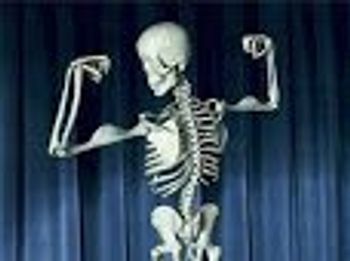
Osteoporosis isn't a disease of older women; it's a disease of all women, incubating in even our youngest patients.

Osteoporosis isn't a disease of older women; it's a disease of all women, incubating in even our youngest patients.

Actress Kim Cattrall discusses her menopause journey and partnership with Tune In To Menopause, an awareness campaign designed to empower women.

Look no further: The North American Menopause Society has issued recommendations that offer the latest information for managing a woman's health through menopause.

The North American Menopause Society (NAMS) has issued guidelines for care of women at midlife, based on the textbook Menopause Practice: A Clinician’s Guide. Published in Menopause, the recommendations cover more than 50 topics, including vasomotor symptoms, osteoporosis, and vulvovaginal health.
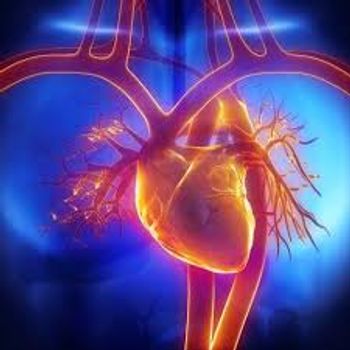
Ever notice a postmenopausal patient has a high estradiol level on lab tests? It may be an indicator that she's at risk for a sudden cardiac arrest.

Improving patient-doctor communication is the goal of genitourinary syndrome of menopause (GSM), the new name for vaginal atrophy and other menopause symptoms.

Many women who suffer from moderate to severe vasomotor symptoms (VMS) appear to go untreated, potentially leading to work loss, according to a new study in Menopause.

Ob/Gyns can help protect the health of postmenopausal women by reinforcing the message that micronutrients are important, especially in women as they age.

Just in case your patients ever ask, wearing a bra is in no way associated with breast cancer risk.

New research from Australia has found that only small doses of testosterone are needed to raise testosterone back to premenopause levels in postmenopausal women.

The initial findings from the WHI were concerning, but subsequent detailed analysis and long-term follow-up of women enrolled in these trials have brought perspective.
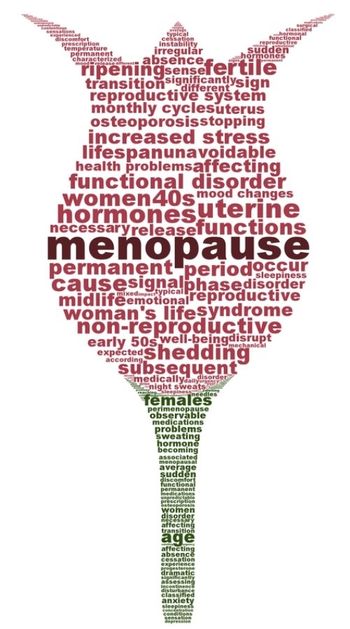
Vulvovaginal atrophy, or atrophic vaginitis, is now being called "genitourinary syndrome of menopause," or GSM, according to experts.

Ultrasound-based evaluation is less costly than an endometrial biopsy and also allows for evaluation of the adnexa and bladder.
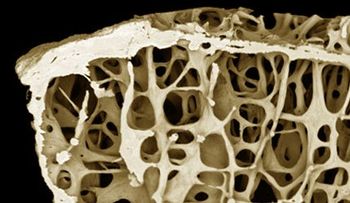
Bisphosphonates offer women no protection against breast cancer but do help prevent fractures related to osteoporosis.
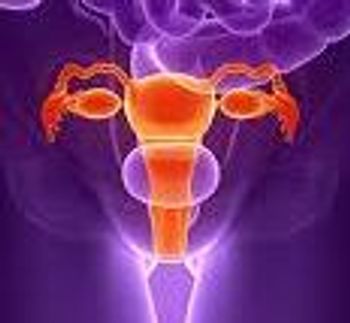
Eradicating morcellators is riskier than using them, says the AAGL in a statement for why these minimally invasive devices should not be abandoned.
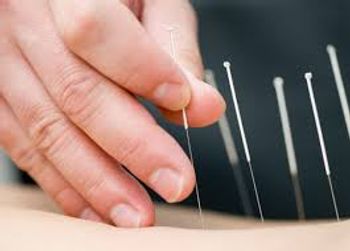
Although the "why" remains unknown, a meta-analysis concludes that acupuncture provides relief from hot flashes related to menopause.

Menopausal hot flashes may be more bothersome in women who drink caffeine, according to results of a 6-year cross-sectional survey published in Menopause.

According to a recent study in Annals of Internal Medicine, hormonal therapy in early menopause may improve some markers of cardiovascular disease (CVD) risk, but not progression of atherosclerosis.

Perimenopause is a period of high risk for first-time depression. Why? Probably because levels of monoamine oxidase A (MAO-A), a brain enzyme, are elevated.

Hormone replacement helps to maintain normal bone mineral density (BMD) in young women with primary ovarian insufficiency (POI), a study by the National Institutes of Health (NIH) has found.
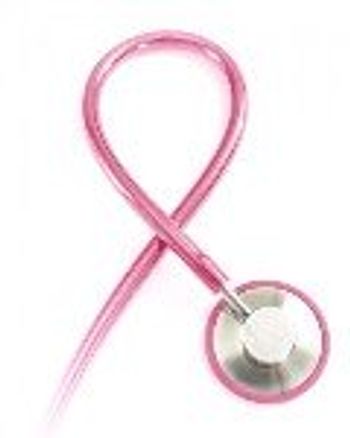
Most older women with non-metastatic, estrogen-positive breast cancer initiate recommended treatment with an aromatase inhibitor or tamoxifen, research shows.

Adjuvant therapy combining ovarian suppression with an aromatase inhibitor-a class of drugs typically only recommended for postmenopausal patients-may be more beneficial for premenopausal patients with breast cancer than tamoxifen.

Study: the nonhormonal antidepressant venlafaxine was nearly as helpful as low-dose oral estrogen for reducing hot flashes/night sweats in menopausal women.

A small study led by investigators from Brigham and Women’s Hospital suggests that the serotonin-norepinephrine reuptake inhibitor (SNRI) venlafaxine hydrochloride may be as effective as low-dose estradiol for relief of hot flashes.

Vaginal dryness from vulvovaginal atrophy is a troublesome symptom of menopause. The good news: many treatments are available for this low-estrogen condition.